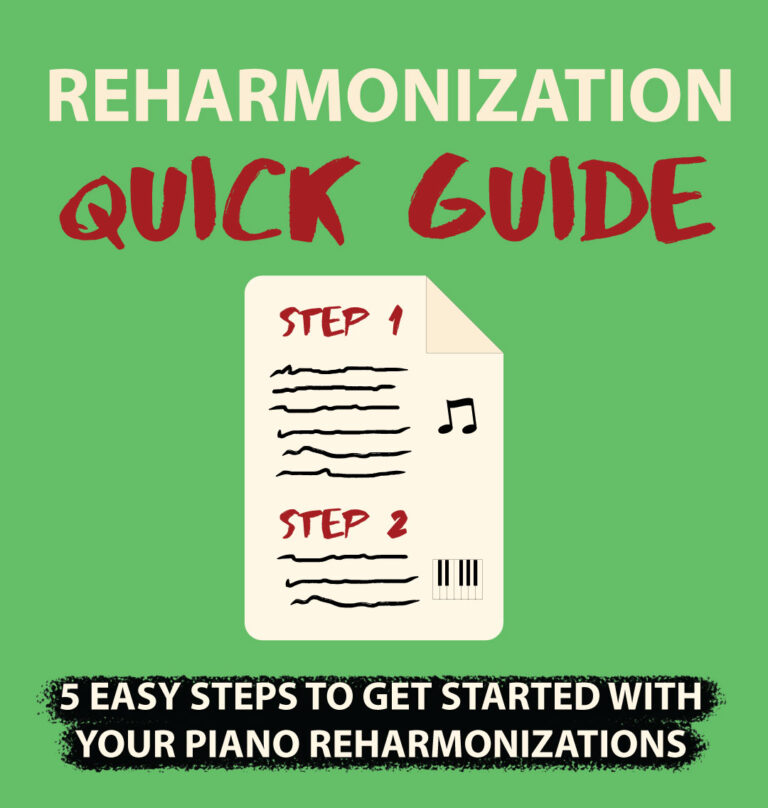Posssibilities
Recently I finished Herbie Hancock’s memoir, Possibilities, a fantastic book and a thrill to read. We like to think of our heroes as having their greatness be destined from the start, but I think this is a mistake. Herbie Hancock had to hustle, struggle, study, deal with uncertainties, take chances, and overcome difficulties to finally end up the legend he is. This is in part what’s so fun about reading autobiographies: you feel like you’re there along for the complete ride. Dreams are yet just that: hopes for the future, but nothing is set in stone. Even though we know the outcome, we are routing for our protagonist and feel the thrill of this journey from his point of view.
Learning from the masters
One passage really struck me. It relates to learning from those who came before you, internalizing their wisdom, and then passing it on. A relatively inexperienced 20-year-old Herbie Hancock got to play with the great Donald Byrd in Milwaukee one night, and the band played ‘Cherokee’, a jazz standard that is often played notoriously fast. Although he recalls knowing the form and the chord changes, he ends up struggling with the tempo and isn’t quite able to improvise that fast. After the gig, he comes up to Donald Byrd. He writes:
‘After the gig I decided to bring it up with Donald. “I know I didn’t do so well on ‘Cherokee'”, I told him. “I always have a hard time with fast tempos. Do you have any tips that might help me out?”
“Barry Harris” gave me a tip a long time ago,” Donald said, referring to a piano player from his hometown of Detroit. “He told me, ‘The reason you can’t play fast is ’cause you never heard yourself play fast'”.
He goes on to describe Barry Harris’s method of writing out a solo that you come up with yourself, to then practice that fast, in order for you to hear yourself play fast.
This just blew my mind. The legendary pianist Barry Harris, who just recently passed away, but was still around teaching and sharing his methods with the younger generations until the end of his life (I met him at a masterclass in Amsterdam in 2008), actually influenced a young Herbie Hancock in 1960, over 60 years ago!
I think this tradition of learning jazz through not only listening to those who came before us but also by what they have to say is a beautiful thing.
Even when the journey ends, the story carries on, and the masters continue to inspire us with their music, stories, and wisdom.
After You've Gone - Reharmonization
In this reharmonization, I’m partly utilizing Barry Harris’s diminished passing chords technique to harmonize the melody of an old standard from 1918 called After You’ve Gone.

